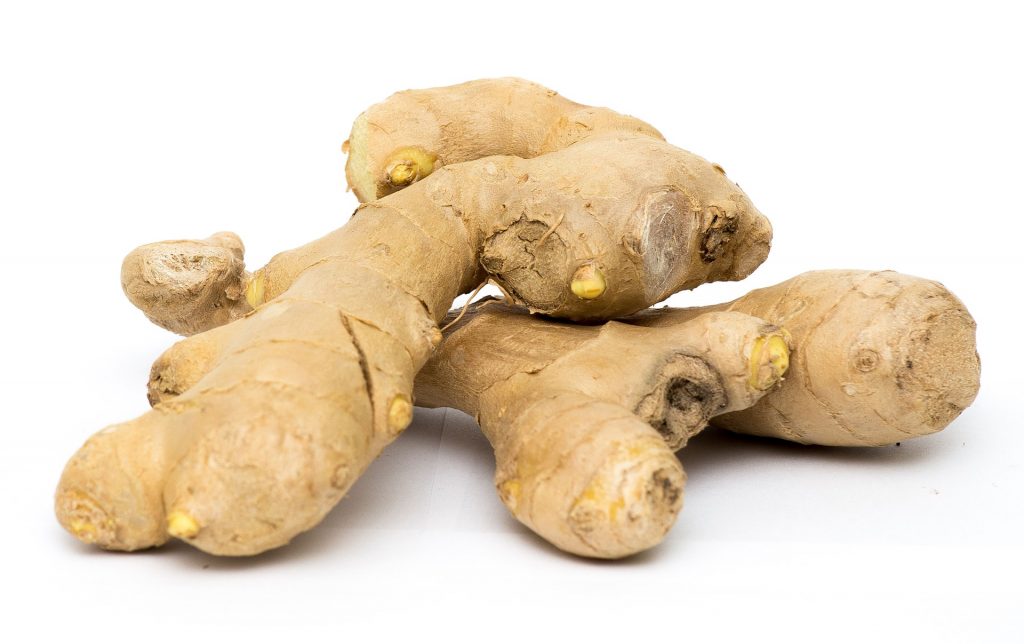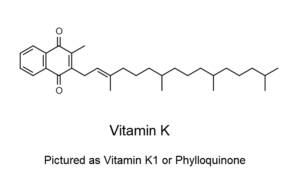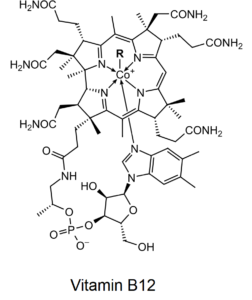Ginger

Ginger often brings to mind cookies, candy and other sweets, yet some of the latest research suggests that the herb has significant potential for treating a number of different health conditions. As an herb, ginger is in the same family as turmeric, and like its cousin, appears to have significant anti-inflammatory properties. Studies are ongoing, but the benefits of ginger may help treat or prevent:
- Nausea and vomiting
- Certain pain conditions, including arthritis and migraines
- Allergies
- Alzheimer’s dementia
Ginger and Nausea
Ginger has a well-earned reputation for calming the stomach. After waking up from surgery, nausea and vomiting are common side effects. One review found ginger to be effective for treating nausea and vomiting following surgery (Zhu 2021). Ginger has also been shown to be effective for reducing nausea and vomiting during pregnancy (Sridharan 2020). And while research is somewhat mixed, a review did find ginger to be helpful for vomiting during cancer chemotherapy treatment (Chang 2019).
Studies have also found ginger potentially helpful for acute vomiting from the stomach flu in children (Nocerino 2021). A small trial on individuals with motion sickness also reported benefits (Lien 2003).
Ginger and Pain Conditions
Osteoarthritis is a common condition, generally considered to be due to wear and tear of a joint over a person’s lifetime. Ginger, as a treatment for osteoarthritis, may have some promise. A study using topical ginger oil found significant improvement in knee pain and function as early as one week (Tosun 2017). By five weeks, pain scores were almost cut in half.
A study in older participants with osteoarthritis found ginger supplementation was able to significantly reduce markers of inflammation at three months (Mozaffari-khosravi 2016). An earlier study found that ginger alone could reduce symptoms of arthritis, but was even more effective when combined with standard anti-inflammatory treatment (Paramdeep 2013). However, a study from 2012 using powdered ginger did not find benefit (Niempoog 2012).
One of the first published studies found ginger to be helpful for arthritis, although benefits beyond placebo required six months of treatment (Wigler 2003). A larger study around the same time also found ginger to be effective for knee arthritis with moderate effects sizes (Altman 2001). Overall, the weight of the evidence suggests benefits for knee osteoarthritis with ginger supplementation.
Other pain conditions have also been shown to potentially respond. A study on muscle pain after exercise found moderate to large reductions in pain with ginger (Black 2010). For migraines, ginger was found in one study to perform as well as standard medication to decrease migraine pain (Maghbooli 2014). A trial using ginger as an add on to standard anti-inflammatory medications also found greater improvement with ginger as compared to placebo (Martins 2019). And while a study on migraine prevention found a 50% reduction in migraine attacks, the placebo performed about as well as ginger, negating statistical significance (Martins 2020).
Ginger and Allergies
While more clinical studies are needed, a single clinical trial did find ginger to be as effective as a standard medication for hay fever (Yamprasert 2020). Animal studies suggest potential benefits for asthma (Zhu 2021, Yocum 2020). Preliminary studies also suggest components of ginger may be helpful in reducing allergic dermatitis or eczema (Park 2016).
Ginger and Dementia

The initial data on ginger for preventing cognitive decline and dementia is promising. And while we don’t yet have any human trials, animal evidence and other data suggests potential benefits.
Cell culture studies have shown that ginger can suppress inflammation from immune cells implicated in contributing to the development of dementia (Grzanna 2004). Ginger has also been shown to protect cells from beta amyloid plaques, part of the major damage seen in the brain with Alzheimer’s dementia (Kim 2007). Other cell studies have found potent anti-inflammatory and antioxidant potential of compounds found in ginger (Kim 2010).
Animal studies have shown that ginger extract can reverse Alzheimer’s disease symptoms in a rat model of the condition (Zeng 2013). Constituents of ginger have been shown to suppress brain inflammation and cognitive problems in mice (Moon 2014). They have also been shown to decrease brain amyloid beta plaque deposition (Na 2016). Mice fed a poor diet that causes memory impairments were also protected by constituents of ginger (Gabriel 2020).
While human studies are needed to explore and confirm actual benefits, the initial research suggests promise with ginger for treating or preventing dementia.
Conclusion
Ginger has potential benefits for treating a number of conditions, including nausea and vomiting, osteoarthritis, migraines, allergies and dementia. Considering its long use as a culinary spice, consumption also appears to be quite safe.



